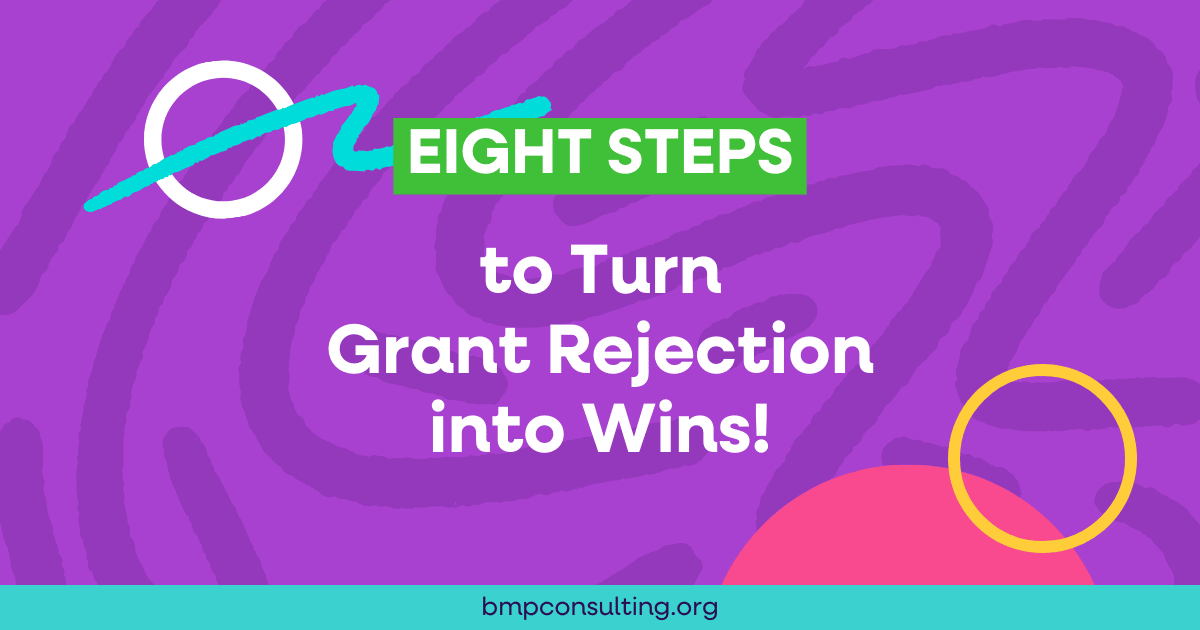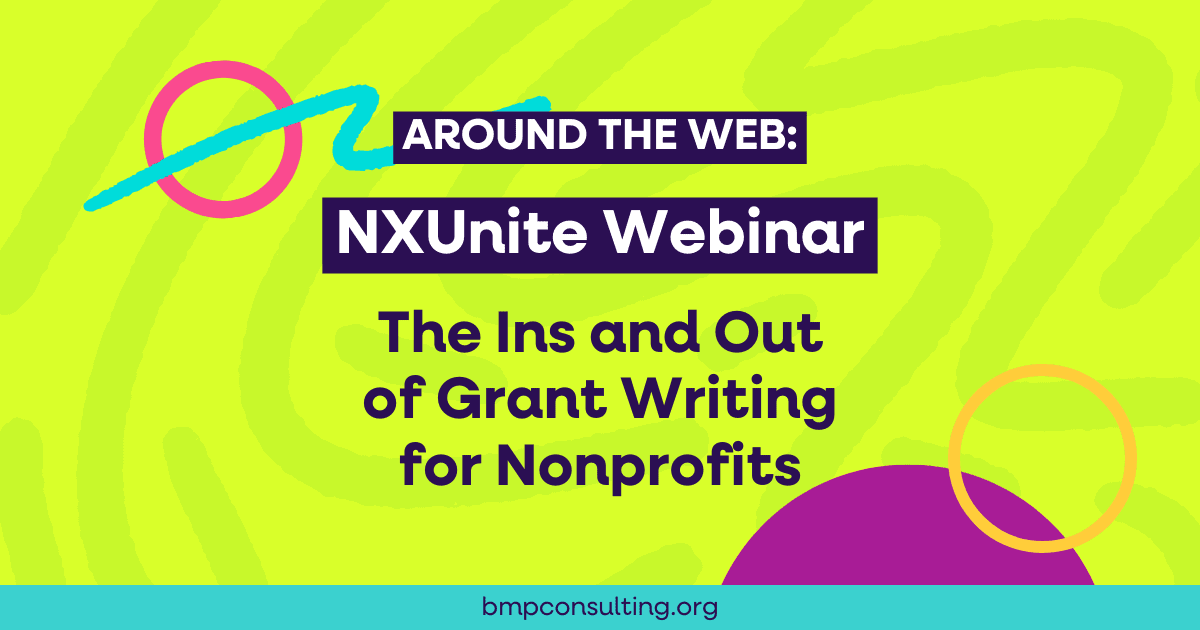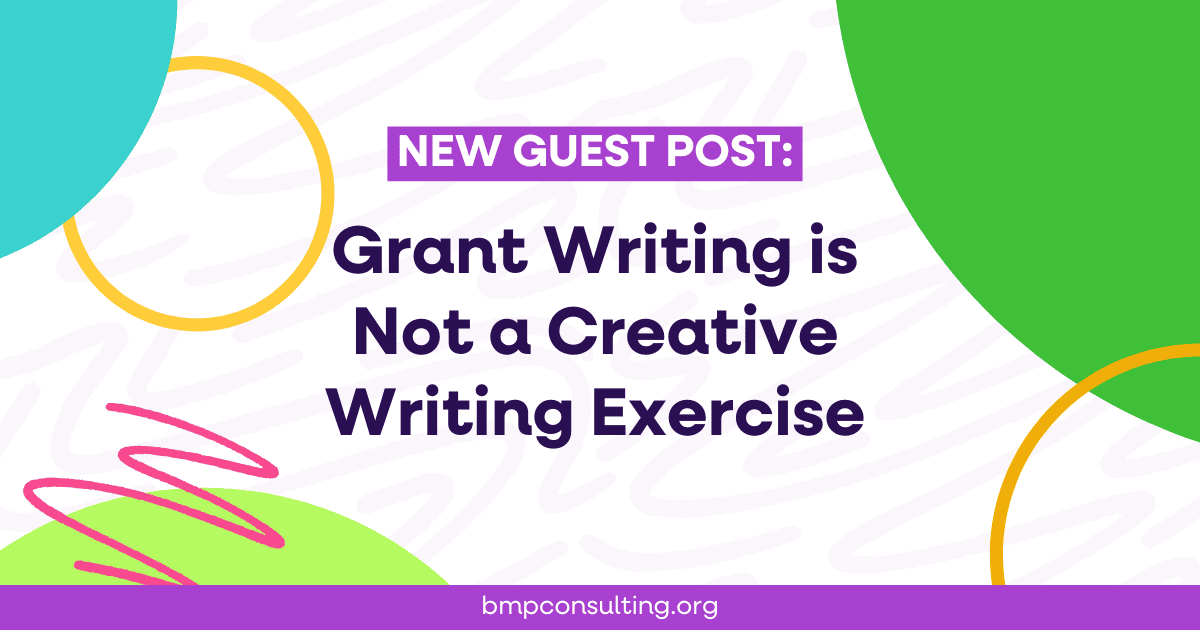It has been said many times and in many ways, grant seeking is all about relationships. Think about all the good relationships you have had, what did they have in common? I suspect your good relationships had lots of late night listening, heart-to-heart communication, expert advice, expressions of gratitude and love, openness and sharing, mutual admiration, and the motivation to make the relationship work.
Prepare for the GPC Exam: Earn Your Grant Professional Certified Credential is a fun, upbeat “In the Trenches” manual for anyone interested in learning about grants or obtaining their GPC. In the book, my colleagues and I share with readers a chapter called “Relationships! Relationships! Relationships!” because so much of our work is about funding relationships.
“For a grant professional truly dedicated to fostering strong funding relationships, even rejection from a foundation can be a tool to further communication and perhaps future funding. Remember, this may be a ‘no for now,’ especially if this was the first application to this particular funder.”
We try so hard to avoid failure, but failure is the real evidence that we have had the courage to try. If you avoid failure, you avoid taking action. Be sure to capitalize on the rejections, just as you do on the grant awards and learn from your failed attempts. We call it fostering a strong funding relationship.
Once the sting of rejection has passed (sufficiently), here are eight steps you can take to turn grant rejection into wins in 2019.
Step One – Look at the Reviewers’ Comments.
Not all grantors will share the reviewers’ comments with you. If you have a good relationship with the funder, you should ask. The reviewer comments will most likely be affirmational, but occasionally there is a fly in the ointment you missed. If you don’t have a good relationship, you should still ask. But, be ready to listen to what they don’t say. Again, don’t make the call until you can listen without interrupting the funder.
Step Two – Ask the Program Officer for Advice.
This is a good way to build on your existing relationship and make you a better writer. Asking for feedback on your rejected proposal makes a lot of sense professionally. Questions such as, “How can we make our project stronger?,” “Did the program appear to be flimsy on paper?,” and “What would you change going forward?” The advice you get can make a difference in how your “frame” your future work.
Step Three – Hire Someone to Review your Proposal.
If you didn’t get much from the reviewers – hire someone for feedback. An expert editor or experienced grant reviewer can be a huge proposal saver for you. The deadline-driven nature of the grants profession and word/character count limitations can negatively impact the thoroughness of any proposal. The paid peer reviewer may be able to make a number of suggestions for you to consider, turning rejection into a winner.
Step Four – Send a Thank You Note.
It is very rare that a rejected grantee thanks the grantor. Send a heartfelt note of gratitude for the grant opportunity and invite the funder representative out to your location for a visit. Be sure to arrange for a meet and greet with the people your organization serves. Seeing your service organization in action may strike a nerve with the funder representative. The process of writing a thank you note could be a great self-care step and may lead to a grant award letter next time.
Step Five – Share your Annual Report or Recent Audit.
Sharing information about your organization or program are critical keys to both fundraising and successful grant seeking. Prepare a draft letter for your Chairman asking the funder for a meeting. Ask the Chair to include a copy of the current annual report or the organization’s recent financial audit. Your willingness to be open and share information might be the turning point in your funding-relationship.
Step Six – Re-Research the Funder.
The sting of rejection can give you the pause it takes to learn more about the funder, its founder perhaps, or the wishes of the modern-day family. Try searching for previous recipients and those that have expressed admiration publically. Seek out the advice of a former or current grant recipient. Sign-up for the funder’s e-newsletters, subscribe to their email distribution lists, attend grant-maker gatherings, and like the funder on social media. Do your homework and become a genuine fan of the funder!
Step Seven – Sharpen your Message.
Try again. Put together a new sharper message. Stand in front of the mirror to practice your new messaging. Rehearse it until it no longer sounds memorized. Be sure to give the “imaginary” listener the opportunity to take action and confidently ask them to support you financially. If you aimed to high last time, try for fewer funds. If you went to low before, confidently seek more funds, pledging to serve more people. Remember why you wanted this relationship to work in the first place.
Step Eight – Educate your Team and your Leaders.
I believe an important part of your job/role as a grant professional is to celebrate with your writing team the wins AND to educate your leaders to win or lose. Use every opportunity to explain the complicated reasons for failure. Share your professional opinions and seek ways to minimize loss while learning from rejection.
Prepare both your team and your leaders for the future. Show compassion for the loss and smooth the hurt feelings. Be honest with your team and don’t sugar coat anything. Arm your leaders with talking points for future grant requests/asks and seek their help to educate potential funders.
Your “right now” job/role as a grant professional is to put together a plan of action to get everyone moving again. For tomorrow, you have a ton of grants to work on!



